I am pensive, the pen is also pensive.
The whole room was filled with silence.
White paper turns the execution ground white
Pointing at me thousands of invisible guns.
 |
Illustration photo. |
Newspaper page, poem from my heart and soul
Each word - a concern
Every key press a pain bursts
Personal pain is imbued with life's pain
Being human, knowing human fate
Newspapers and poems do not speak indifferent words
Every page of the book is white
Pointing at me a thousand guns mercilessly.
COMMENT:
Hoang Binh Trong is a famous poet in many fields: novels, poems, essays, short stories... In every genre, he leaves a certain impression on the reader. The poem "Before the writing page" by Hoang Binh Trong is a tormenting inner monologue, when the writer faces a blank page as if standing before a judgment of conscience. There is no everyday scene, no images of reporters walking, writing, taking pictures... but only a quiet room, a pen in contemplation, a blank sheet of paper - but in that silent space, there is a fierce inner battle, a dialogue with the truth and the personality of a writer.
The poem opens with a haunting image: "I am pensive, the pen is also pensive/The whole room is immersed in silence/The white paper becomes a white execution ground/A thousand invisible guns are aimed at me" . The author does not introduce or welcome, but suddenly takes the reader into a dense and suffocating space. There, there is no voice other than the writer's own inner self. The pen - the symbol of the writing profession - is not a mere tool, but a sympathetic being, as "pensive" as the author himself. This evokes a deep bond between the person and the pen - they share responsibility, anxiety and the burden of conscience. Indeed, "the white paper becomes a white execution ground" is a powerful metaphor. The paper, which was originally inanimate, now becomes a place of execution, the "invisible guns" - are the judgment of the people, of justice, of history. In today's era, writers not only write for themselves, but also write in front of the eyes of many people waiting for truth, justice, and humanity.
If in the first stanza, the poem places the writer before the "white execution ground", then the second stanza continues to take us into the inner depths of a person with heavy responsibilities. The words become a place to suppress the worries and pain of life: "The newspaper page, the poem of my heart and soul / Each word - a worry / Each key press is a burst of pain / Personal pain soaked in the pain of life" . Here, the poetic meaning shifts from visual images to psychological images. The writing page is no longer a place to simply "work", but a place to reveal the heart, soul and personality of life. The writer, whether writing for the newspaper or writing poetry, is dedicating every drop of blood of his life to the truth. The verse "each key press is a burst of pain" resounds like a sob, evoking the feeling that the author writes in tears, writes with personal pain mixed with the common pain of the people. It is not just "writing to live", but "living to write". The writer has chosen an uneasy path: Using words as swords, using language as weapons. That harshness does not come from outsiders, but from the demands of conscience. There is no room for lies, deceit or embellishment. There is only truth - even if it is painful, even if it can hurt you.
Indeed, being human is difficult, being a writer is even more difficult, because one cannot escape the reality of life rushing in upon oneself.
The third stanza continues to elevate the poem's ideology, when it expands the individual ego into the collective ego: "Being human means knowing how to sympathize with human fate." A simple yet powerful assertion. Being human means knowing how to sympathize with human fate, putting oneself in the pain, injustice, and adversity of others. So being a writer, that burden is even greater. A newspaper page, a poem - things that seem "distant", "artistic" - if they do not carry compassion, if they are insensitive, then they are just cold products.
The poem is not long, not polished, not full of rhymes or flowery rhetoric, but it depicts the fierce and sacred nature of the writing profession. Writing, especially journalism and prose writing, requires not only knowledge and skills, but also courage, honesty and a heart that is not hardened. In the age of commercialized information, where a “view” or a “click” can influence content standards, this poem is a strong reminder: Never let your pen become a tool of wrong, evil, or falsehood. Writers need to be awakened every day, not by external pressure, but by dialogue with themselves, with the “thousand invisible guns” aimed at their conscience.
"Before the Writing Page" is a poem not for those who consider writing as an easy or purely idealistic profession. This is a poem for those who dare to face, dare to take responsibility, dare to hurt and dare to love. Writing is no longer a professional act, but an ethical act.
Source: https://baobacgiang.vn/truoc-trang-viet-postid420384.bbg



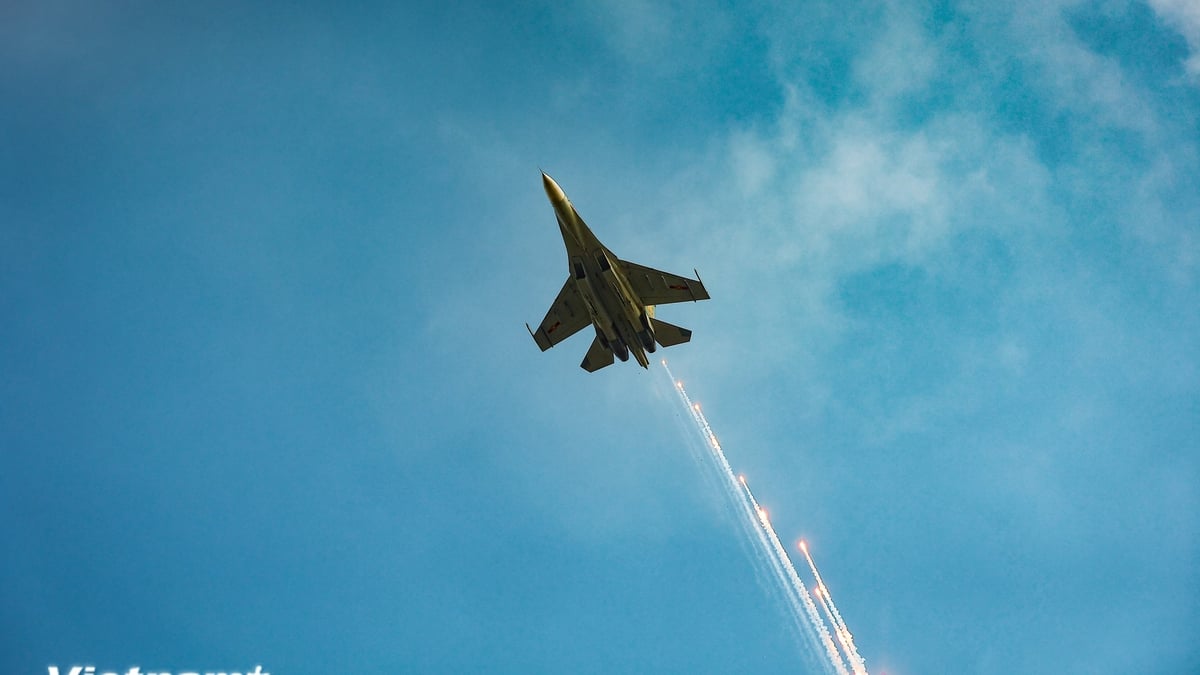






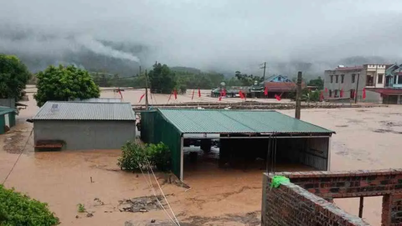





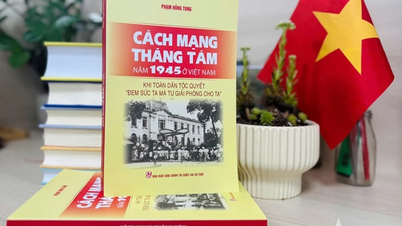









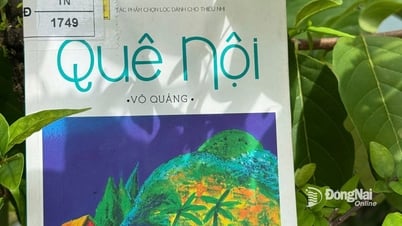


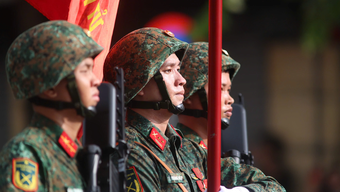
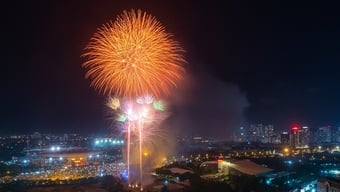


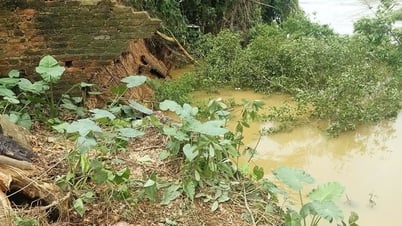


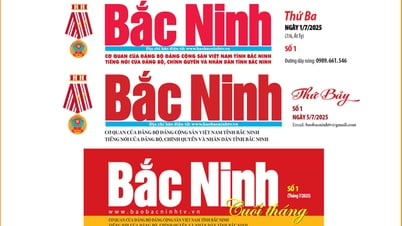



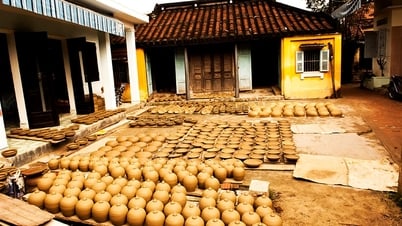












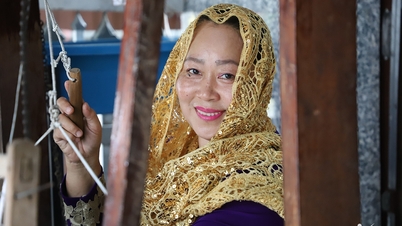



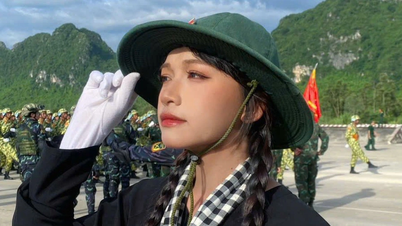








![[VIDEO] Petrovietnam – 50 Years of Keeping the Heritage Torch, Building National Energy](https://vphoto.vietnam.vn/thumb/402x226/vietnam/resource/IMAGE/2025/9/3/3f5df73a4d394f2484f016fda7725e10)

![[Photo] President Luong Cuong meets with Russian President Vladimir Putin](https://vphoto.vietnam.vn/thumb/402x226/vietnam/resource/IMAGE/2025/9/3/87982dff3a724aa880eeca77d17eff7f)


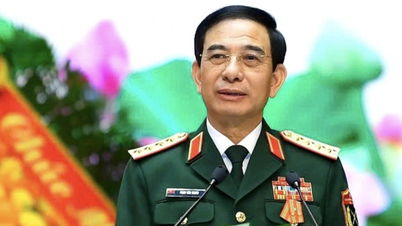
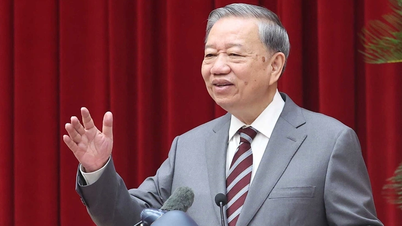
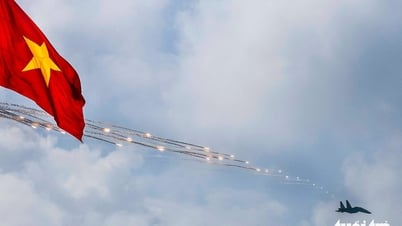
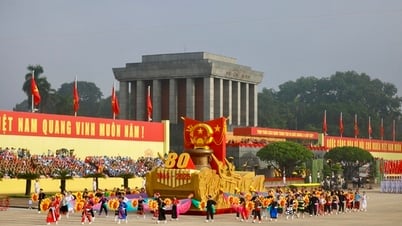




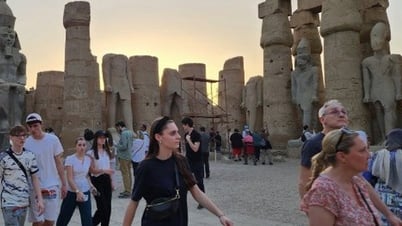







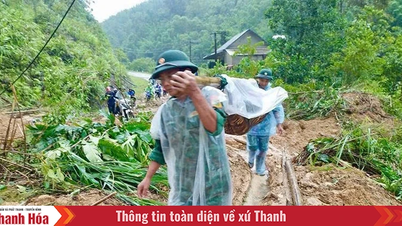
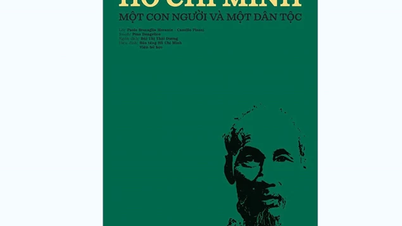


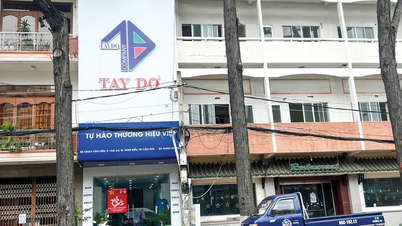










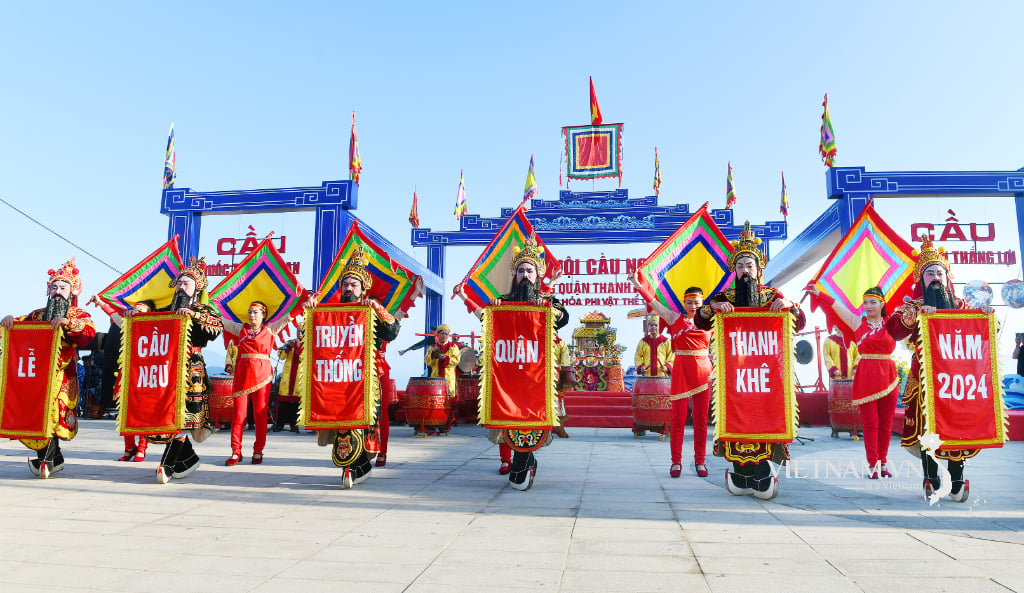

Comment (0)